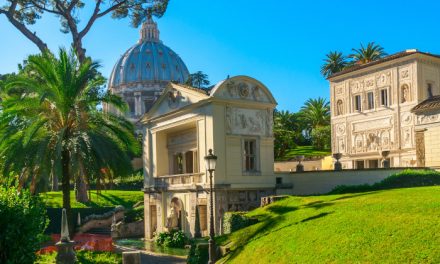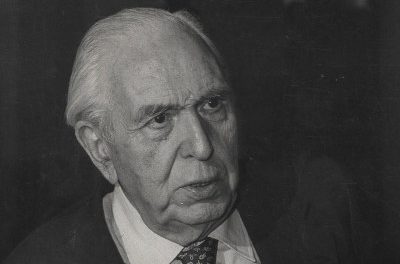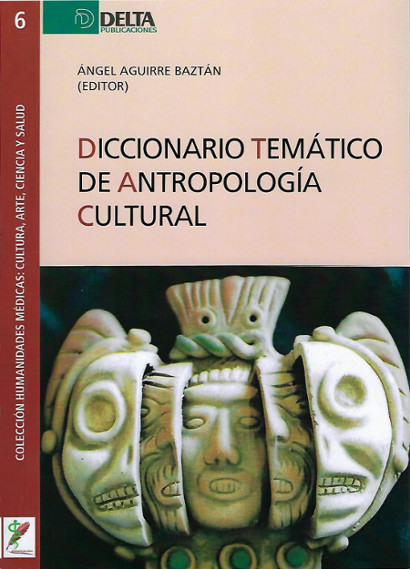
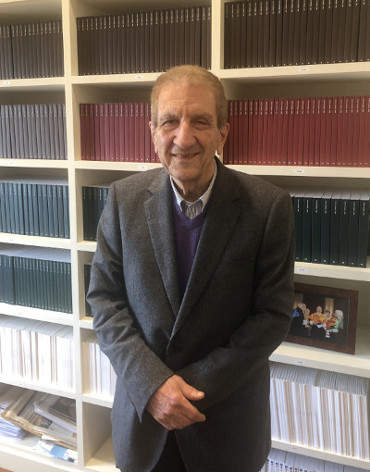
Ángel Aguirre, professor emeritus of the University of Barcelona, full academician of the Royal European Academy of Doctors-Barcelona 1914 (RAED) and active member of its Human Sciences Section is the editor of the “Diccionario temático de antropología cultural” (Thematic Dictionary of Cultural Anthropology), a scientific work of maximum relief developed in the heart of the Royal Academy and in which also participate the academicians Salvador de Brocà, Josep Gil and Francisco López Muñoz. The book contains 90 articles of which Aguirre himself collaborates as author and is supported by the two already published editions of the “Diccionario temático de antropología” (Thematic Dictionary of Anthropology), also coordinated by Aguirre himself. Of the 40 authors that participate in the book, 25 of them are Spanish and 15 are Ibero-American. The work is part of the “Colección Humanidades Médicas: Cultura, Arte, Ciencia y Salud” (Medical Humanities Collection: Culture, Art, Science and Health) of Delta Publicaciones, in which the scientific community of RAED is having an outstanding presence.
The “Diccionario temático de antropología cultural” tries to be an invitation to reflect on culture in a broader sense than an introductory academic text to anthropology studies, as indicated in the presentation of the work. “Therefore, the recipients of this Dictionary go beyond the interest of the group of students of Anthropology, since the concept of culture and its derivatives are essential conceptual tools to understand the dynamics of groups, organizations and institutions of a society”, says Aguirre in the introductory text.
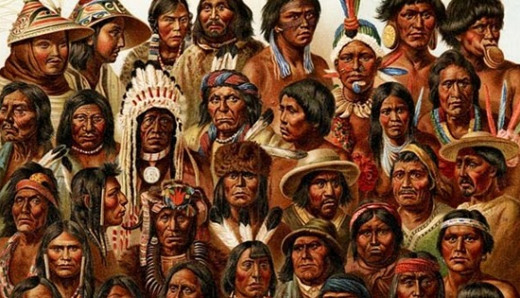 Renowned researcher in various fields of psychology and anthropology, Aguirre has managed to offer this choral work a multidisciplinary character of university dialogue that is divided into almost a hundred areas arranged alphabetically over more than 500 pages. “I can affirm that the themes included in this Dictionary constitute a valuable set of conceptual tools through which we can get to understand man in his sociocultural envelope -López Muñoz adds in the prologue-. I want to invite a spiral reading and to the centre of the topics that are addressed here, to find the deep sense of man, where nature complements culture and culture with nature”.
Renowned researcher in various fields of psychology and anthropology, Aguirre has managed to offer this choral work a multidisciplinary character of university dialogue that is divided into almost a hundred areas arranged alphabetically over more than 500 pages. “I can affirm that the themes included in this Dictionary constitute a valuable set of conceptual tools through which we can get to understand man in his sociocultural envelope -López Muñoz adds in the prologue-. I want to invite a spiral reading and to the centre of the topics that are addressed here, to find the deep sense of man, where nature complements culture and culture with nature”.

